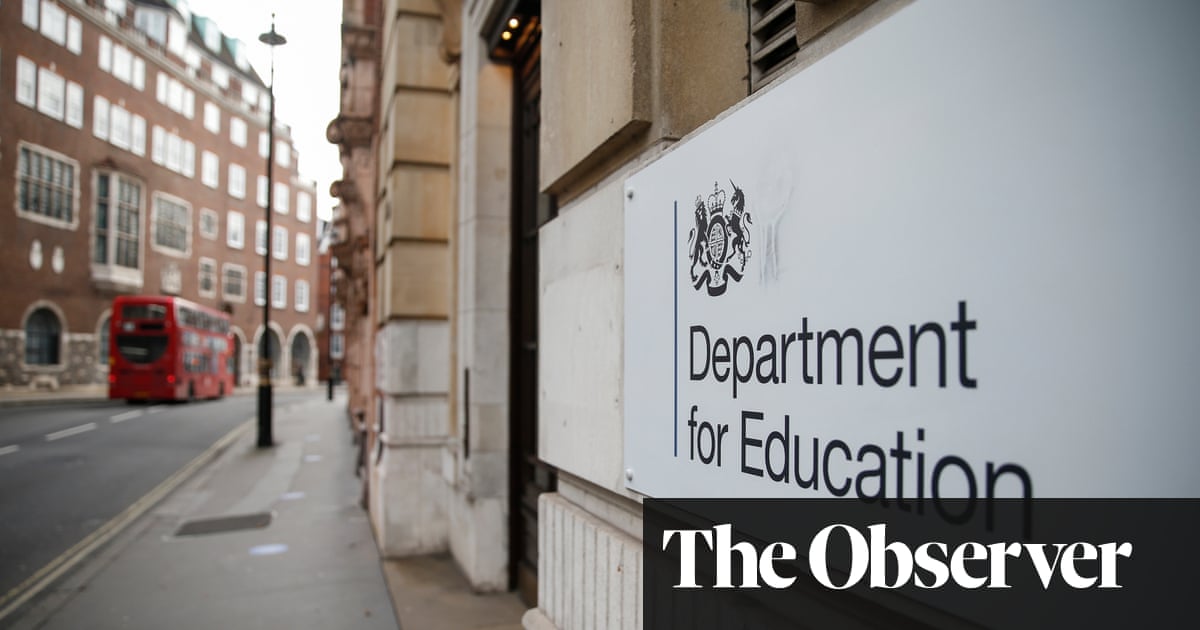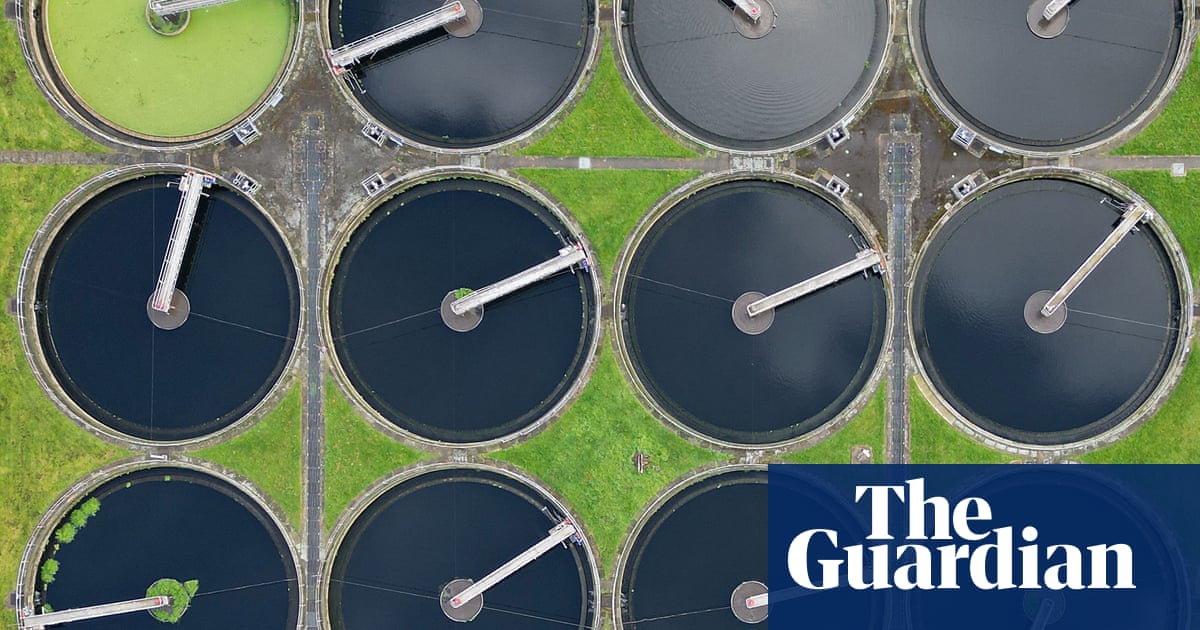
The UK government’s strategy to tackle sewage discharges is a “cruel joke”, critics have said, after ministers laid out plans to stop the pollution.
George Eustice, the environment secretary, announced that water companies would have to invest £56bn over 25 years into a long-term programme to tackle storm sewage discharges by 2050.
This investment will be used to increase the capacity of companies’ networks and treat sewage before it is discharged to protect public health and prevent pollution, while also reducing all discharges. Failure to meet these targets, the government said, could lead to firms facing substantial fines or having to return money to customers.
However, critics say these payments will end up being put on customers’ bills and force the public to pay as chief executives continue to receive large bonuses.
Under government plans, by 2035 water companies will have to improve all storm overflows discharging into or near every designated bathing water, and improve 75% of overflows discharging to high-priority nature sites. By 2050, this will apply to all waterways.
But according to analysis of the proposals by the Liberal Democrats, by 2030 there will still be 325,000 sewage dumps a year on Britain’s beaches, as well as in lakes, rivers and chalk streams.
The Lib Dems’ environment spokesperson, Tim Farron, said: “This government plan is a licence to pump sewage on to our beaches and in our treasured rivers and lakes. By the time these flimsy targets come into effect, our beaches would have been pumped full of disgusting sewage, more otters will be poisoned and our children will still be swimming in dangerous water.
“This is a cruel joke. The government is going to hike water bills to pay for cleaning up the mess made by water companies. The same companies who awarded their executives multimillion-pound bonuses this year and paid out over £1bn to their shareholders. Whilst they roll in the cash, we swim in sewage. The whole thing stinks.”
The government has said that under its plans, bills will not go up until 2025. Sources also said they would not allow companies to profit from environmental damage.
Annual bonuses paid to water company executives rose by 20% in 2021, despite most of the firms failing to meet sewage pollution targets. Figures show that on average executives received £100,000 in one-off payments on top of their salaries, during a period in which foul water was being pumped for 2.7m hours into England’s rivers and swimming spots.
Eustice said: “This is the first government to take action to end the environmental damage caused by sewage spills. We will require water companies to protect everyone who uses our water for recreation, and ensure storm overflows pose no threat to the environment.
“Water companies will need to invest to stop unacceptable sewage spills so our rivers and coastlines can have greater protection than ever before.”
Jim McMahon, the shadow environment secretary, said: “Instead of governing, it’s clear that the Conservatives have taken up writing fiction, as this document is neither a plan, nor does it eliminate sewage dumping into our natural environment. Under the government’s weak improvement ‘target’, based on last year’s data we’d face another 4.8m sewage spill events in our country between now and 2035.
“Last year Tory MPs had the opportunity to vote meaningful action into law, but blocked measures that would have progressively eliminated the discharge of raw sewage in our natural environment.
“Britain deserves better than a zombie Tory government that is happy for our country to be treated as an open sewer. Labour will use the levers of power to hold reckless water bosses to account legally and financially, and toughen regulations to prevent them from gaming the system.”
Stuart Singleton-White, head of campaigns at the Angling Trust, said: “Defra’s claim these are the strictest targets ever for water companies … sounds impressive. It isn’t, and the government know this is a weak plan that falls short of what is needed. What’s more, this plan falls short of the commitments made in the Environment Act and fails to take on board the recommendations of its own storm overflow taskforce.
“This is a government trying to spin its way out of a problem it only sees as needing to manage from a PR perspective. Our rivers and coasts are paying the price for this complacency and the public are angry.”












